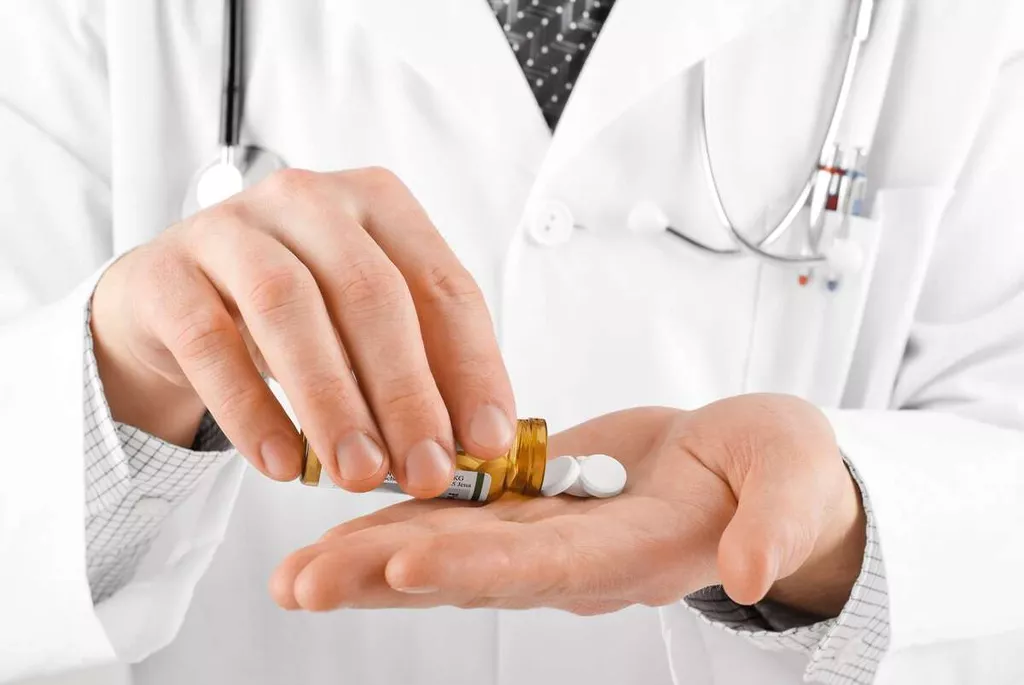Doing so will also give it the best chance of fighting the illness effectively. Some people may find that their alcohol tolerance becomes higher with time. This is likely due to “practice” as they continue to use alcohol regularly.
Why do people develop an alcohol intolerance?
This may result in higher concentrations of alcohol in the blood and more significant effects from drinking. This article looks at the links between alcohol and sickness and provides an overview of alcohol intolerance, including the signs, when to consult a doctor, and causes. Finally, it examines how alcohol tolerance changes over time and offers support and guidance on alcohol use. Alcohol is a central nervous system depressant that has immediate effects on the body, like intoxication (feeling drunk) and hangovers (unpleasant aftereffects from drinking).

Histamine intolerance

If you have any type of food allergy, it is important to be careful about the alcoholic beverages you drink. It helps to read the product label, although many ingredients used in the fermentation or distillation process may not be included. While rare, people with grape allergies should avoid wine and grape-based liquors, including brandy. Even less common is an allergy or intolerance to corn-based liquors like bourbon.
Alcohol use disorder
Hangovers suddenly worse? Researchers think COVID could be the cause – The Hill
Hangovers suddenly worse? Researchers think COVID could be the cause.
Posted: Sun, 03 Mar 2024 08:00:00 GMT [source]
The doctor may refer the person to an allergy specialist for further testing and treatment. Anaphylaxis is a life threatening condition that involves a series of symptoms, such as a rash, low pulse, and shock. An alcohol allergy causes of alcohol intolerance can occur when a person with an alcohol allergy comes into contact with alcohol, which is also known as ethanol. Alcohol use disorder can include periods of being drunk (alcohol intoxication) and symptoms of withdrawal.
- If it’s important to you to continue to drink on occasion, you can try different types of beverages to see if any work.
- This takes time, which is why the symptoms can last for a whole day or more.
- If a person combines alcohol with certain medications, this may also cause a reaction.
- High levels of acetaldehyde are what cause the unpleasant symptoms of alcohol intolerance.
- As a result, liver tissue can become inflamed, leading to fibrosis, and ultimately cirrhosis and liver failure.
- However, only around 20% of those surveyed completed and returned the questionnaire.
Support Groups
Sudden onset alcohol intolerance is when an alcohol intolerance that was not present from birth occurs abruptly later on in life. Most people with ALDH2 deficiency will notice some effects from the first time they take a drink, but there’s often no known reason as to why an alcohol intolerance develops. An allergy or intolerance to alcohol is not always responsible for symptoms occurring after drinking alcohol. Symptoms of alcohol intolerance can make a person feel uncomfortable.
Dr Fox recommends avoiding alcohol to treat alcohol intolerance. In an ideal world, you would abstain from consuming alcohol completely. The difference between alcohol allergy and alcohol intolerance can be difficult to tell. While cirrhosis scars from excessive drinking are irreversible, quitting alcohol and leading a healthier lifestyle can help your liver heal from alcohol-related liver disease. If they don’t, you may experience a so-called “red wine headache” and other symptoms. These include itchy or flushed skin, red eyes, facial swelling, runny nose, and congestion.
- As a result, even a minimal intake of alcohol can lead to noticeable and often severe reactions, distinguishing this condition from the typical experience of over-intoxication.
- Individuals with alcohol intolerance are genetically predisposed to have inadequate amounts of the enzyme needed to metabolize alcohol efficiently.
- In rare instances, an unpleasant reaction to alcohol can be a sign of a serious underlying health problem that requires diagnosis and treatment.
- Alcohol intolerance doesn’t mean you become drunk faster or after drinking less alcohol.
- Repeated alcohol use causes the liver to become more “efficient” at eliminating alcohol from the body.
- While most people can tolerate sulfites in foods, there are some who are especially sensitive to them and may experience an asthma attack.
Tolerance is an important factor in understanding our drinking habits. It’s also important to remember that drinking as much as you used to after a period of drinking less (or not at all) could lead to greater intoxication, blackout and accidents. So if you plan to head back to the pub with friends now that lockdown is over, be mindful of how https://ecosoberhouse.com/ your drinking has changed so you can stay safe and enjoy that first tipple. Once your liver function is affected, this will soon start to affect the rate at which it can metabolise other medicines, affecting your overall health and nutrition levels. It is unclear if distilled alcohol made from corn is safe for people with corn allergies.

Alcohol Withdrawal Symptoms: What Does Detoxing Feel Like? A Timeline
As a result, even a minimal intake of alcohol can lead to noticeable and often severe reactions, distinguishing this condition from the typical experience of over-intoxication. No, alcohol intolerance is not the same as being intoxicated or drunk. Alcohol intolerance doesn’t mean you become drunk faster or after drinking less alcohol.
